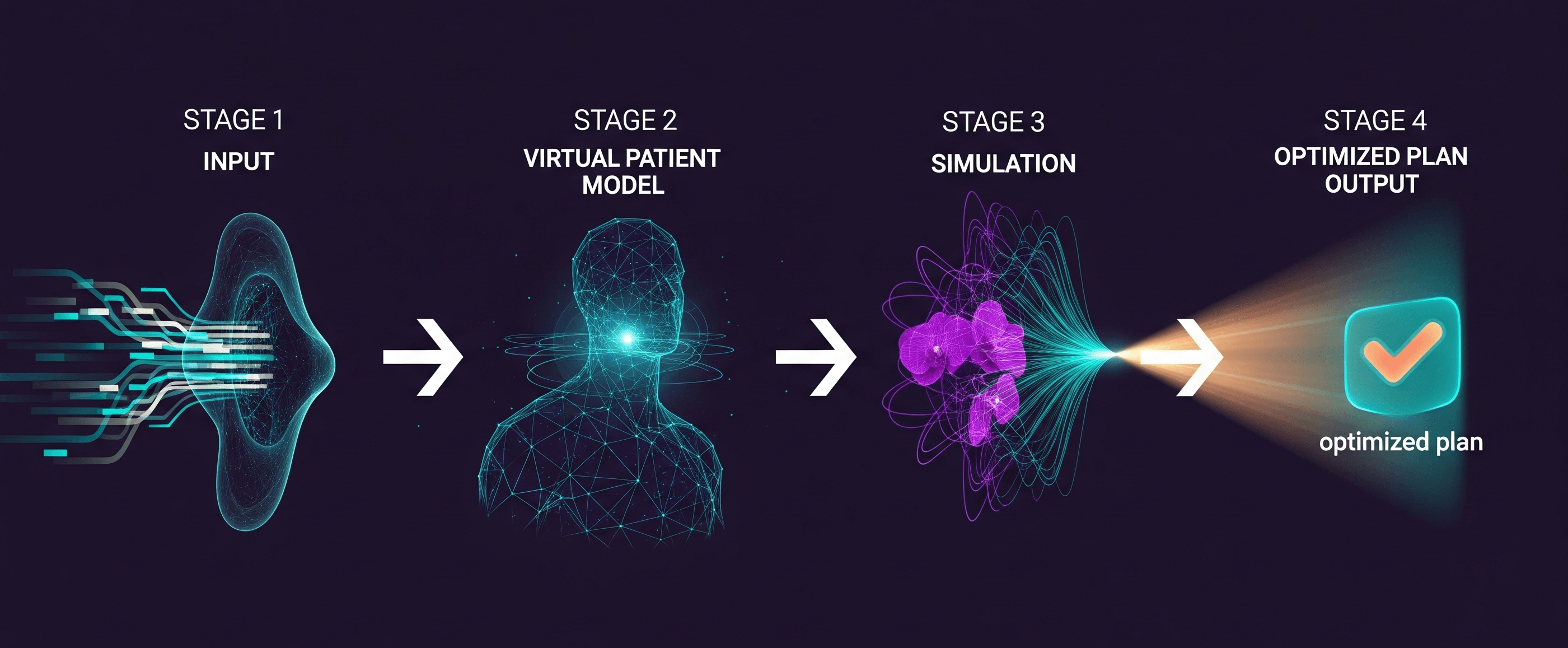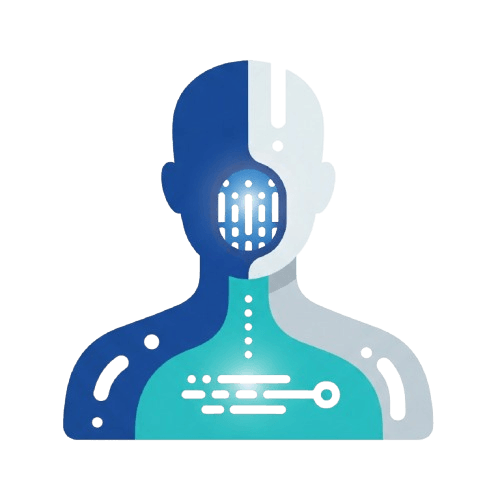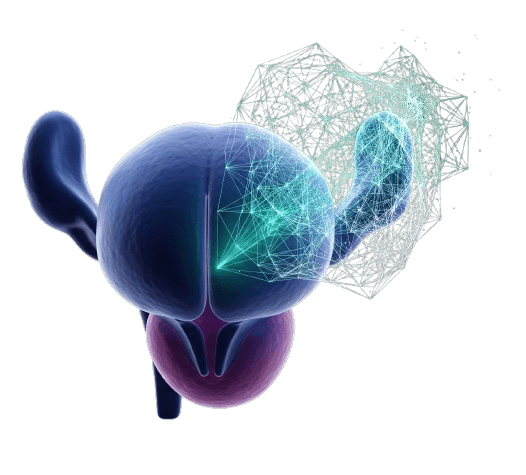
Personalized Cancer Treatment Through Digital Twin Technology
Quantum Biosciences is developing Gemini, a digital twin platform designed to move beyond population-based guidelines and support radiation therapy planning for the individual. By creating a dynamic, virtual replica of a patient's unique tumor biology, Gemini aims to simulate treatment strategies and predict treatment outcomes to enhance clinical decision-making.
The Need to Personalize Radiation Therapy Planning
The current standard of care in radiation therapy relies on codified guidelines, such as those from the NCCN, which are based on data from large patient populations. While essential, this approach can face challenges in addressing the unique complexities of an individual's cancer, particularly the inherent biological diversity within a single tumor (intra-tumor heterogeneity). Accurately predicting how one person's specific tumor will respond is a major hurdle, creating a need for tools that can model patient-specific factors and forecast outcomes with greater precision.
The Complexity of Balancing Tumor Control and Healthy Tissue Protection

Radiation therapy is a cornerstone of cancer treatment, used in about 50% of all cases. While clinicians rely on comprehensive patient data, current approaches face challenges in achieving the desired outcome due to the inherent complexities of cancer biology. Factors like intra-tumor heterogeneity, where different cell populations within a tumor exhibit varying degrees of radiosensitivity, can significantly impact treatment response. This can lead to suboptimal treatments, with risks of over-dosage damaging healthy tissue or under-dosage leading to cancer recurrence.
Virtual Patient Modeling: Simulating Treatment for Optimal Outcomes

Quantum Biosciences is building the Gemini digital twin platform to create detailed, virtual replicas of individual patients. Our approach leverages multiscale data integration, incorporating patient-specific data from diverse sources such as imaging (CT, MRI, PET), genomic sequencing, tumor biopsies, and clinical records. Key capabilities of our digital twin platform include:
- 3D Tumor Modeling: Creating detailed visual representations of the tumor's size, shape, and location based on patient imaging data.
- Biological Simulation: Incorporating computational models to simulate tumor cell behavior, including growth rates and response to radiation damage. Patient-specific tumor cell characteristics (histological features, genetic mutations, metabolic profiles) and tumor heterogeneity are accounted for to improve accuracy.
- Physics-Based Radiation Interaction: Employing a powerful combination of open-source simulation toolkits— PhysiCell, TOPAS-nBio, and Medras—to model complex biological processes such as DNA damage and repair, cell cycle kinetics, and cell death at the cellular level.
- AI-Powered Prediction & Optimization: Implementing AI/ML algorithms alongside mechanistic models to simulate various treatment scenarios, predict patient-specific responses, and identify the most effective treatment plan by balancing Tumor Control Probability (TCP) and Normal Tissue Complication Probability (NTCP).
- Dynamic Adaptation & Real-Time Updates (Future Goal): The vision includes enabling the digital twin to dynamically update based on ongoing patient responses and anatomical changes, allowing for real-time treatment adjustments and adaptive radiation therapy.
Enhancing Precision and Personalization in Cancer Care

Greater Predictive Accuracy
By integrating complex biological and patient-specific factors, our model aims to provide a more comprehensive and accurate representation of tumor response to radiation.

Improved Treatment Plan Optimization
Our platform allows clinicians to compare the simulated outcomes of various treatment plans, helping them select the most suitable strategy for an individual patient's unique tumor biology.

Personalized Therapy
Gemini is designed to help shift treatment from generalized protocols to therapy that is truly tailored to an individual, with the potential to incorporate patient-specific biomarkers in the future.

Reduced Side Effects
By simulating and predicting Normal Tissue Complication Probability (NTCP), our platform helps in designing treatment plans that minimize radiation damage to surrounding healthy organs.

Potential for Adaptive Therapy
The vision for Gemini includes the future capability to dynamically update the virtual model based on ongoing patient responses, allowing for real-time treatment adjustments.

Integration Potential
Our platform is being designed with interoperability in mind, with the goal of integrating into existing clinical workflows and treatment planning systems (TPS).
Pioneering the Prostate Cancer Digital Twin

Our initial development efforts are concentrated on creating a digital twin for prostate cancer, with the goal of building a robust prototype for simulation. This focused approach allows us to rigorously validate our models and platform capabilities. We are currently in the prototype development stage. Our team is working on integrating the multi-scale data sources, refining the simulation algorithms, and building the core platform infrastructure.
Expanding Horizons: Beyond Prostate Cancer and Towards Combination Therapies
While our initial focus is prostate cancer, the foundational technology of our digital twin platform is designed to be adaptable. Following success, we aim to expand its application to other cancer types. Furthermore, our long-term vision includes enhancing the digital twin to simulate and optimize combination therapies, incorporating not just radiation, but also chemotherapy and immunotherapy.
A future research direction involves investigating the potential to integrate real-time data from our quantum biomedical sensors to create a dynamic feedback loop within the digital twin environment.
Seeking Collaborators to Advance Digital Twin Technology
Quantum Biosciences believes in the power of collaboration to accelerate innovation. Our current research efforts are supported by an SBIR Phase I grant proposal submitted to the NIH/NCI. We are proud to work with a world-class ecosystem of partners:
- Clinical Data & Validation Partners: We have established collaborations with Western Radiation Oncology , North East Cancer Hospital & Research Institute , and are working with El Camino Hospital for access to diverse, anonymized clinical data crucial for model development.
- Research & Advisory: We are advised by experts from the MD Anderson Cancer Center to refine our models' reflection of radiation biology.
- Future & Industry Engagement: We have had early discussions with industry leaders like Varian and are pursuing a potential collaboration with a professor at UCSF to extend our simulation capabilities.
Join Us in Redefining Cancer Treatment
If you are a clinician, researcher, healthcare institution, or potential industry partner interested in the future of personalized cancer therapy and digital twin technology, we invite you to connect with us.